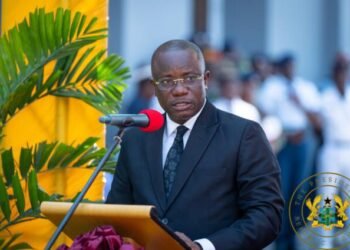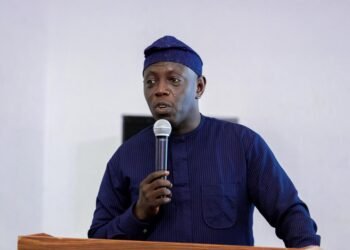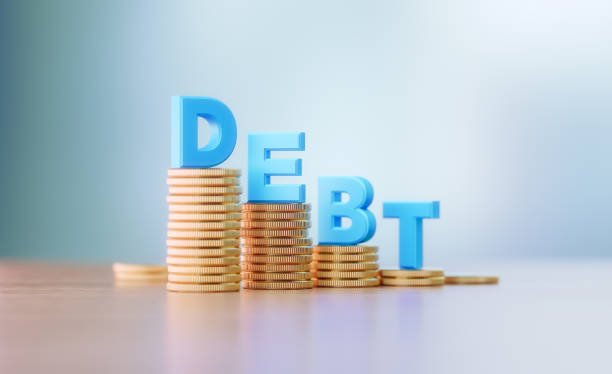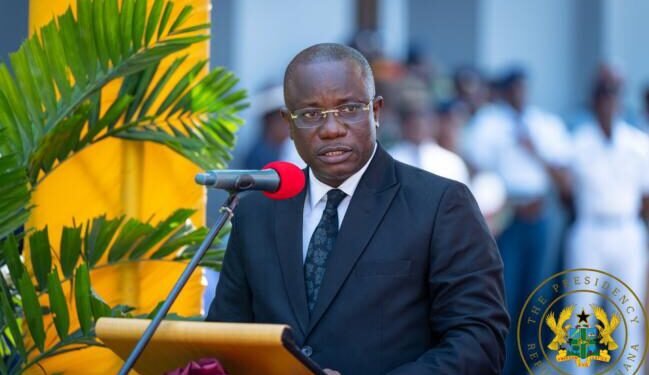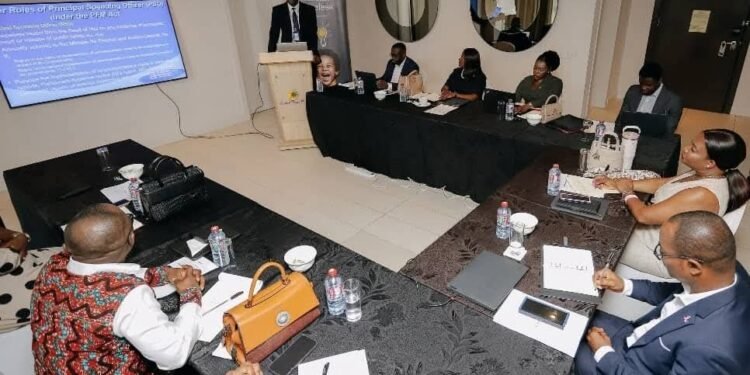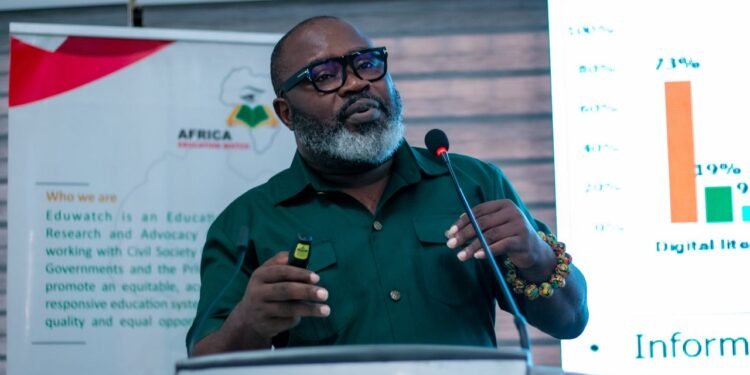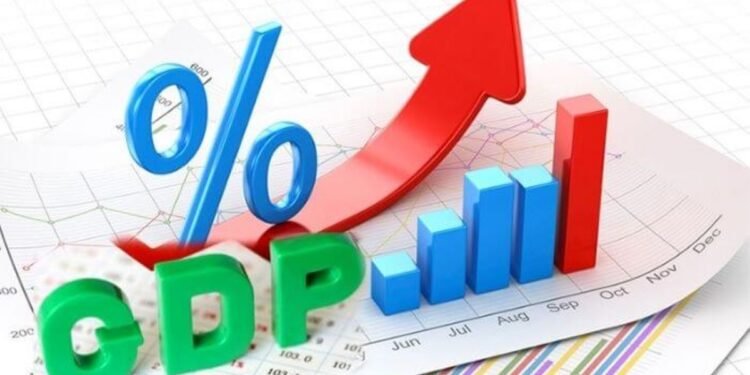The Electricity Company of Ghana (ECG) has recorded a substantial improvement in its revenue mobilisation efforts, raking in GHS 1.6 billion within the first half of 2025, according to the Minister for Energy and Green Transition, Hon. John Abdulai Jinapor.
Although the amount falls short of the projected GHS 2.5 billion target for the period, it marks a significant year-on-year improvement compared to the same period in 2024—a sign of growing operational efficiency within the state-owned utility provider.
“If you do a year-on-year comparison, this month [June] of 2025 as compared to the same month in 2024, there’s a remarkable improvement in terms of revenue collection.”
Hon. John Abdulai Jinapor, Minister for Energy and Green Transition
The Minister attributed the improvement to enhanced billing practices, improved collection strategies, and a sustained clampdown on power theft and illegal connections. These, he said, have begun yielding results and restoring some level of financial stability to ECG’s operations.
“The operational strategies implemented over the past year, such as the digitalisation of billing systems and targeted inspections, are gradually reducing system losses and improving payment compliance.”
Hon. John Abdulai Jinapor, Minister for Energy and Green Transition

While this is a promising development, the Minister acknowledged that ECG still has a long way to go to meet its financial targets and ensure the sustainability of power distribution across the country.
In a move to further strengthen ECG’s revenue streams and address systemic losses, the Minister announced the government’s plan to introduce a legislative instrument to impose stiffer penalties on individuals and syndicates involved in the illegal installation of electricity meters.
“We need stronger penalties to curb this practice.
“The illegal installation of electricity meters undermines the financial sustainability of ECG and poses serious safety risks to the public.”
Hon. John Abdulai Jinapor, Minister for Energy and Green Transition
He lamented that while some perpetrators have been arrested and prosecuted in recent months, the deterrent effect of the current sanctions has proven inadequate.
“In many cases, these offenders walk free with light penalties.
“This emboldens more people to engage in illegal metering, and ECG continues to lose money as a result.”
Hon. John Abdulai Jinapor, Minister for Energy and Green Transition
The proposed legislation, expected to be tabled in Parliament in the coming weeks, seeks to amend the existing framework by significantly increasing fines and introducing possible custodial sentences for repeat offenders or criminal syndicates.
Addressing Power Sector Sustainability

The dual approach—revenue optimisation and legal reform—forms part of a broader strategy to stabilise ECG’s finances and reduce its reliance on government bailouts. The utility company has long been criticised for inefficiencies, billing inconsistencies, and an inability to curb power theft.
ECG’s financial woes are further compounded by mounting arrears to Independent Power Producers (IPPs), who supply a large portion of Ghana’s electricity but often face delayed payments. As of late 2024, sector debts had ballooned to over US$3 billion, threatening the sustainability of electricity supply.
Energy experts argue that improving ECG’s cash flow through better revenue mobilisation is essential for building a credible and functional electricity value chain.
The government has also ramped up support for ECG’s digitalisation agenda, including prepaid metering, mobile payment platforms, and customer self-service portals. These innovations are expected to make payments more accessible and efficient while reducing the scope for meter tampering.
Hon. Jinapor assured Parliament that further investments would be made in grid upgrades, transformer replacements, and enhanced metering infrastructure.
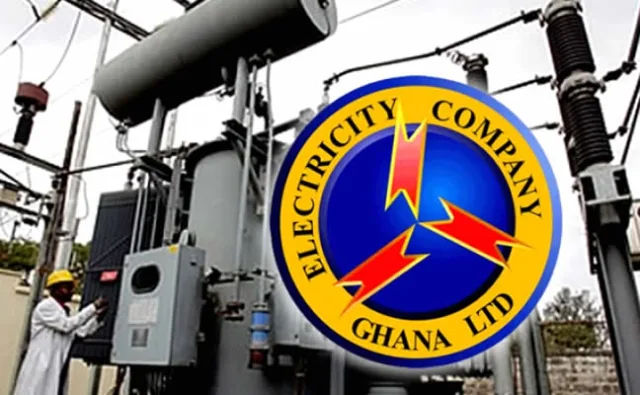
“We are working on a new ECG transformation programme that will ensure universal coverage of smart meters and digitised billing across all regions by 2027.”
Hon. John Abdulai Jinapor, Minister for Energy and Green Transition
While GHS 1.6 billion in revenue collection marks notable progress, the government recognises that deeper structural reforms are necessary to turn ECG into a self-sustaining, customer-focused, and efficient utility.
With legal reforms on the horizon and continued operational enhancements underway, ECG’s financial health may finally be on the path to recovery—provided the momentum is maintained and political will remains steadfast.
As Ghana aims for universal electrification by 2030, the role of ECG in this vision cannot be understated. Stronger enforcement, increased transparency, and strategic investment will be key pillars of success in the years ahead.
READ ALSO: NPP Decries EC’s Rerun of 19 Polling Stations Election in Ablekuma North




